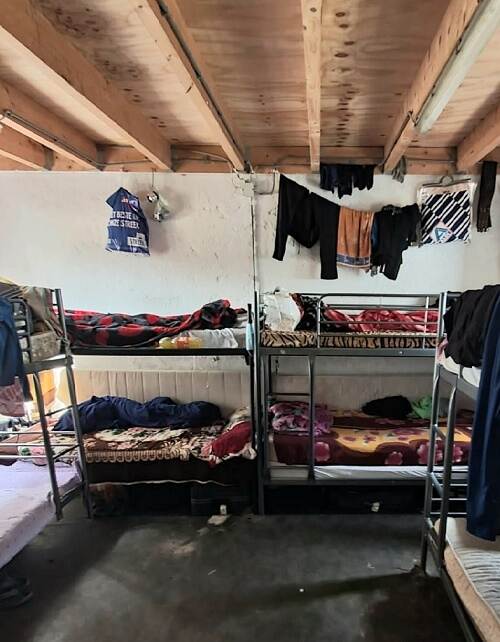Inspectorate’s labour exploitation strategy ineffective
Despite increased efforts SZW Inspectorate has little oversight of victims
An increase in the number of inspectors at the Social Affairs and Employment (SZW) Inspectorate in recent years has not increased the Inspectorate’s effectiveness at tackling labour exploitation. Its approach does not reduce the number of offenders who get off scot-free or help more victims.

The coalition agreement increased funding to tackle labour exploitation. The SZW Inspectorate is a special investigative service of the Ministry of Social Affairs and Employment. It investigates labour exploitation under the authority of the National Public Prosecutor’s Office, part of the Public Prosecution Service (OM). There are two approaches open to the Inspectorate: via criminal law to investigate labour exploitation as a form of human trafficking and subsequently hand cases over to the OM, or via administrative law to penalise violations of labour laws that seriously disadvantage workers. The current combination of the criminal approach and the administrative approach is not effective. The Netherlands Court of Audit comes to this conclusion in its report Offenders scot-free, victims not helped – problems tackling labour exploitation, published on 28 September 2021.
Fewer and fewer criminal cases
In the 4 years from 2016 to 2019, the SZW Inspectorate investigated 331 reports of labour exploitation made by municipalities, the police and SZW inspectors. Fewer and fewer of them have been handed over to the OM for criminal prosecution. In 2016, 27% of the reports led to a criminal investigation. In 2019, only 4% were. The Inspectorate claims many reports cannot be investigated under criminal law because they do not meet all elements of the legal definition of human trafficking. It is difficult for the courts to prove people are being forced to work under duress or are being exploited, and sham arrangements are difficult to unravel.Of the 49 cases investigated by the Inspectorate between 2016 and 2019, 18 were completed and handed over to the OM. The OM dealt with a limited number of them and the courts delivered a judgment on only a handful of those.
Programme for administrative approach
The Inspectorate has taken the administrative approach more often since 2017 and fined employers (including temporary employment agencies) that seriously and repeatedly broke labour laws. The fines were so low that they had little deterrent effect. Relatively few multiple fines were imposed. Furthermore, this approach offers victims of exploitation little help or protection. Victims therefore do not always cooperate in an investigation because they risk losing their work, temporary accommodation and/or health insurance. Many of the victims are labour migrants who depend on the employer for housing.
Increased efforts not effective
The SZW Inspectorate (which is soon to be renamed the Labour Inspectorate again) has 1,473 FTEs to carry out all its tasks. Parliament has been providing it with additional funding, rising to €50 million, since 2018. The increased efforts taken to tackle labour exploitation have not yet led to more offenders being stopped. The Inspectorate is not achieving its own targets of punishing more offenders and helping more victims. The ministries concerned, Justice and Security and SZW, have been working to improve the legislation for several years but have not yet had any visible success. Furthermore, the Inspectorate does not keep a record of all the victims, as a result of which many of the estimated thousands of victims of labour exploitation in the Netherlands are not known.
Minister accepts all recommendations
The Court of Audit recommends that the Minister of SZW consult the Minister of Justice and Security in order to improve existing instruments so that inspectors can stop more offenders and offer victims more help, protection and support. In addition, the Inspectorate should improve the information it provides to the Minister of SZW so that he can inform parliament of the results of the Inspectorate’s approach. The Minister of SZW accepts all the recommendations. He believes amending criminal law is both desirable and possible. The Court of Audit notes in its afterword that if a new government amends only criminal law it will not solve the problem; the administrative approach is not effective either.